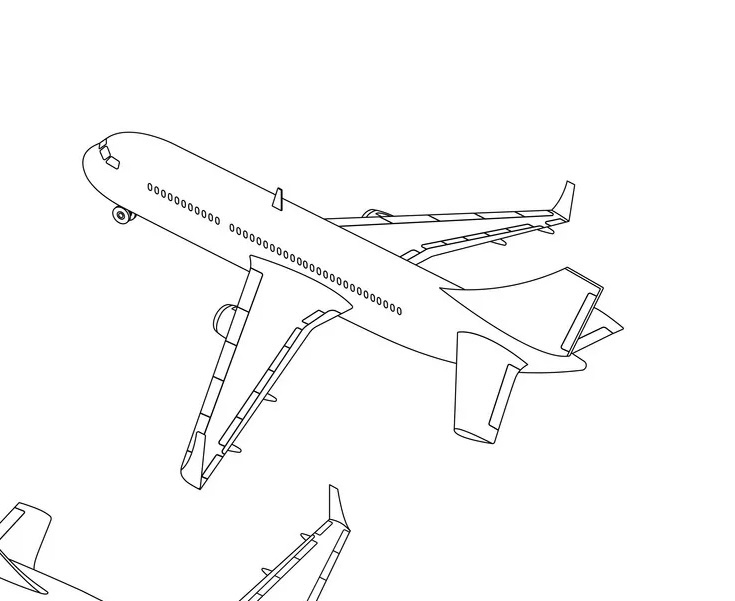- cross-posted to:
- technology@lemmy.zip
- cross-posted to:
- technology@lemmy.zip
Me too
I think it’s well known that they use state of the art algorithms, hands on guidance by human qualifiers, and fifth generation AIs to isolate, statistically rank and identify particularly obnoxious passengers to compile in a list of candidates for people to seat next to me.
Nice for the US government to finally be interested in this sort of thing.
But of course, they’re only looking at one small aspect of the overall issue. Just focus on the airline industry, rather than actually having decent privacy legislation that prevented any industry from (legally) misusing individuals data?
Focusing on one industry makes it a lot easier for legislators to set up meetings with all the lobbyists and take their bribes.
I keep seeing the thumbnail plane as either from above or below.
Must be from above. Otherwise, the spacing on the engines would be way off.
I think it’s a 737 Max from below, and the engines are pitched forward. Plus if you look close, you can see the plane’s cloaca.

Yeah, but also surely the right end tail wing thing would not be as long due to perspective?
Its a fucky image.
It looks below for me. Because the nose is pointed the wrong way if it’s from above.
Doesn’t look wrong way to me?

That makes it clearer. I didn’t think of that.
However the winglets are the wrong angle of viewed from above.
Ah, so it’s from below then
This is the best summary I could come up with:
The probe will look at air carriers’ policies and procedures to determine if they are safeguarding personal info properly, unfairly or deceptively monetizing it, or sharing it with third parties, the agency said yesterday.
“Airline passengers should have confidence that their personal information is not being shared improperly with third parties or mishandled by employees,” said US Transportation Secretary Pete Buttigieg.
The ten airlines going under the magnifying glass are Delta, United, American, Southwest, Alaska, JetBlue, Spirit, Frontier, Hawaiian and Allegiant.
It won’t have escaped anyone’s notice, though, that airlines flying to and from the United States already are obliged to share airline passenger name records (PNR) with the US Department of Homeland Security (DHS) – including names, telephone and credit card numbers, and more, soon after they’ve booked a flight.
Besides looking into how commercial airlines deal with data, the US transport department is also looking at some other consumer rights, including a proposal to ban family seating junk fees and guarantee that parents can sit with their children for no extra charge when they fly, ruining the fun of TikTokers everywhere.
Another proposal in the works is to ensure “fee transparency” so that consumers know the cost of flying with a checked or carry-on bag and for changing or canceling a flight before they buy a ticket.
The original article contains 534 words, the summary contains 219 words. Saved 59%. I’m a bot and I’m open source!






